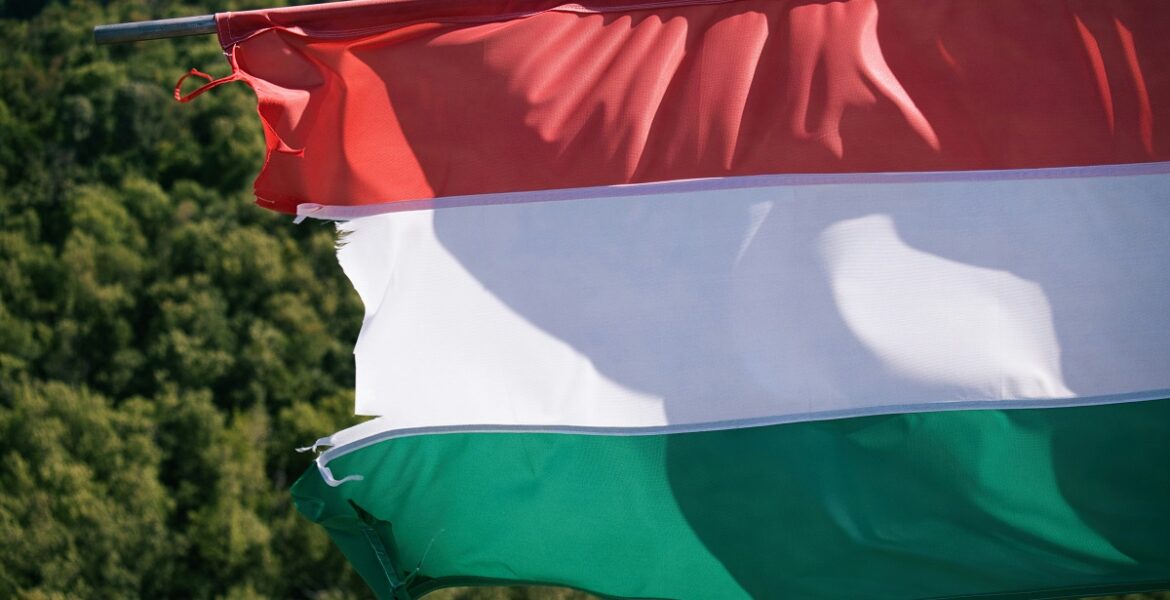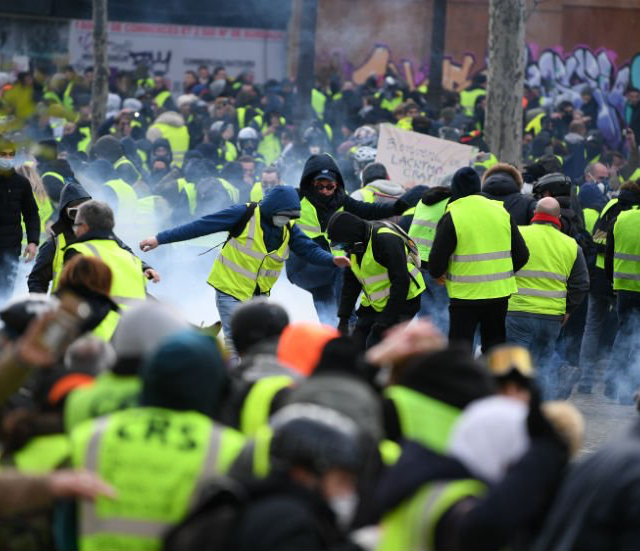Photo by Konrad Koller on Unsplash
Under increasing pressure to maintain political control, Hungarian Prime Minister Viktor Orbán seems ever more willing to deploy a wide arsenal of tools to retain power, ranging from legislative restrictions and information control to aggressive rhetorical campaigns. His recent political strategy strikingly resembles the approach of Russian President Vladimir Putin, combining manufactured threats, vilification of the opposition, and state-driven narratives into a cohesive system of governance that systematically undermines democratic checks.
In a move echoing Putin’s tactic of inventing external enemies, Orbán has sought to depict Hungary as being under constant threat – from Brussels, NGOs, imagined foreign conspiracies – and portrays himself as the only reliable guardian of the nation’s sovereignty and stability. Internally, he has also turned to identifying enemies: most recently, the Tisza Party, led by Péter Magyar, which poses a credible electoral challenge to Orbán’s Fidesz party.
Rather than engaging in democratic competition, Orbán has treated this opposition force as a threat to national security, not because of its ideology or foreign ties, but because it offers a real alternative to the electorate. According to a March poll conducted by the Mediá Institute, Tisza would receive 46% of the vote, compared to Fidesz’s 37%. The numbers are revealing, and Orbán’s response has been predictable.
Following the Kremlin’s example, Orbán has gradually dismantled democratic institutions, replacing them with façades that simulate legitimacy while consolidating real power in the executive. Independent media outlets have been marginalised or brought under state influence; civil society faces increasing scrutiny; and the Hungarian intelligence services are increasingly used against political opponents rather than foreign threats.
One of the most concerning developments is the Hungarian government’s ongoing campaign against foreign-funded non-governmental organisations. Since 2017, these organisations have been labelled as agents of foreign interference – a narrative that is used to justify tighter regulation and effectively political repression. Under the guise of cleansing Hungary, Orbán has portrayed NGOs as a fifth column undermining national interests, despite their crucial role in maintaining civic oversight.
A new bill submitted to Parliament – euphemistically entitled the Law on the Transparency of Public Life – seeks to place these NGOs under total governmental control, including potential blacklisting and bans. According to Bloomberg, this initiative gained momentum after the inauguration of Donald Trump, when Orbán pledged an Easter cleaning of foreign-funded civil society groups, a move that further strained relations with the European Union and contributed to the suspension of billions of euros in EU funds.
While Brussels has expressed concern, concrete action remains limited. Orbán’s conduct has long ceased to be merely a domestic issue. His policies are not only eroding democracy within Hungary but are also undermining EU unity, obstructing joint decisions, destabilising regional security, and creating opportunities for Russian influence.
The consequences of inaction are evident. Hungary under Orbán has transformed into a political outpost for the Kremlin within the EU. If the Union fails to act decisively, the values it professes to uphold – democracy, rule of law, human rights – risk being eroded from within.
Article 7 of the Treaty on European Union provides a framework for addressing systemic breaches. The time has come to consider suspending Hungary’s voting rights in the Council of the EU. This action would not be punitive but rather protective, aimed at safeguarding the integrity of the European project against authoritarian drift.
Orbán’s ultimate ambition extends beyond merely retaining power. He envisions transforming Hungary into a model of managed democracy that mimics the Russian system while operating within the legal and financial framework of the EU. His open defiance of European principles demands a proportionate and resolute response.
Europe must act – not only in defence of democratic norms in Hungary, but also to reaffirm that the Union will not tolerate the growth of autocracy within its ranks.




